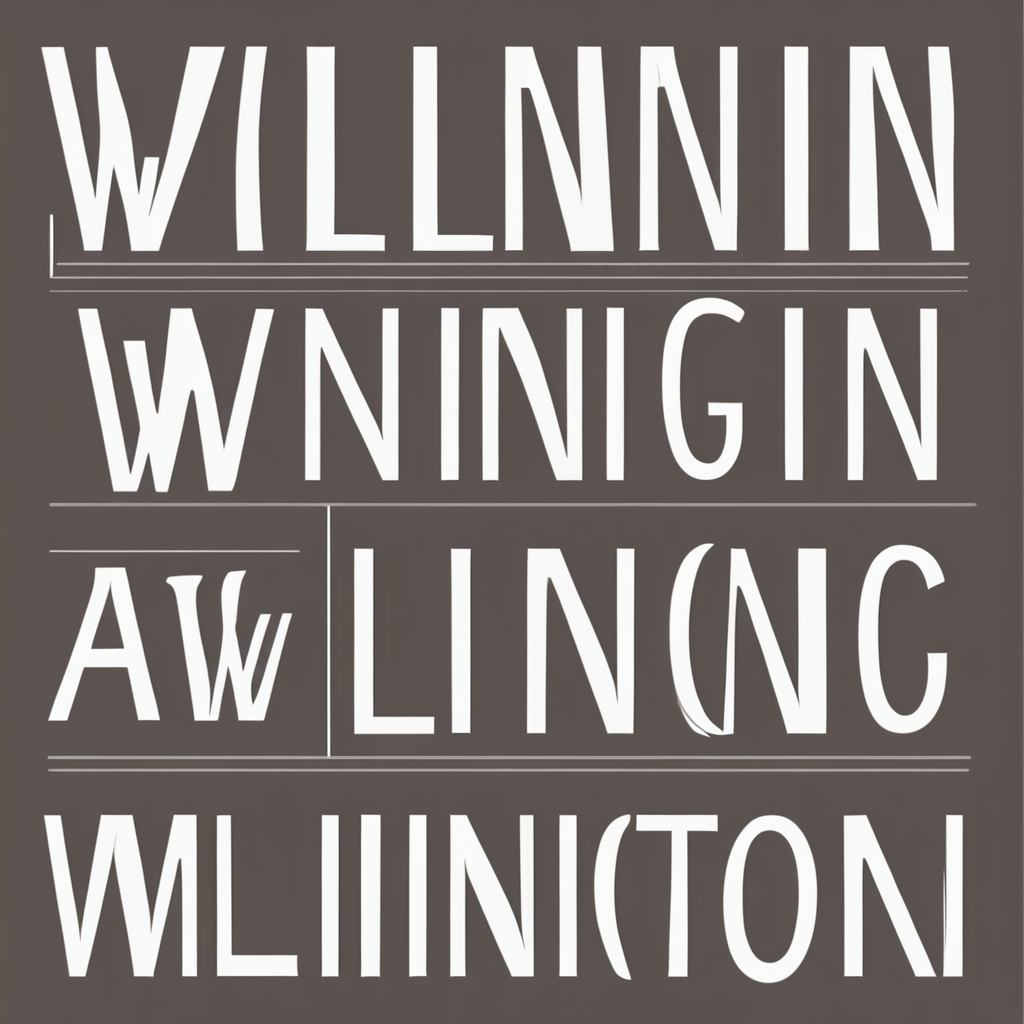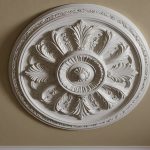Understanding Fixed and Adjustable Mortgage Rates
When evaluating mortgage rates, understanding the difference between fixed and adjustable options is crucial. A fixed mortgage rate means the interest remains constant throughout the loan term, offering the advantage of stability and predictability in monthly payments. This predictability makes budgeting easier over time, as you’ll always know your exact financial commitment.
Conversely, an adjustable mortgage starts with a lower interest rate than a fixed mortgage, which can adjust periodically based on market conditions. This, while initially beneficial, introduces a level of uncertainty, as future rate increases could lead to higher monthly payments. These adjustments generally occur annually after an initial period.
Have you seen this : Navigating Legal Guidelines for Setting Up a Wind Turbine on Welsh Countryside Property
The key differences between fixed and adjustable mortgages rest upon their predictability and risk. A fixed rate provides security against market fluctuations, making it ideal for long-term homeowners who value consistency. In contrast, adjustable rates suit those planning to live in their homes short-term or anticipate stable interest rates, leveraging potential savings early on. Evaluating your financial stability and future plans can help determine the most suitable mortgage type. Understanding these characteristics empowers you to make informed decisions about your home financing options.
Pros and Cons of Fixed and Adjustable Rates
When considering mortgage options, understanding both the advantages and disadvantages of fixed and adjustable rates is critical for making an informed decision. For fixed-rate mortgages, the primary advantage is their stability and predictability. Homebuyers benefit from knowing their monthly payments will remain consistent throughout the loan term. However, the downside is often a higher initial rate compared to adjustable-rate mortgages. This can lead to increased costs over time, particularly if interest rates remain stable or decrease.
Also to discover : Kid-Friendly Garden Magic: Top Tips to Transform Your Birmingham Family Home
Adjustable-rate mortgages, on the other hand, start with lower initial interest rates, offering potential savings in early years. These can appeal to buyers who plan to sell or refinance before rates adjust. Nonetheless, the disadvantage is the uncertainty of rate fluctuations, which can result in substantially higher payments if interest rates rise. It’s vital for consumers to weigh the risks against the potential savings and consider their financial and personal circumstances. Understanding these factors can assist in selecting the mortgage type that aligns with one’s future plans and economic conditions.
How to Choose the Right Mortgage Type
Choosing the right mortgage type requires an assessment of your personal and financial circumstances. Understanding your long-term plans is crucial, as fixed-rate mortgages offer stability over time, while adjustable rates might benefit short-term homeowners. Evaluating your financial situation can guide this decision, highlighting whether the predictability of fixed payments or the initial savings on adjustable rates is more advantageous.
Interest rate trends and economic conditions also play a critical role. A period of rising rates may favour a fixed mortgage, locking in a stable rate before increases occur. Conversely, if rates are projected to fall, an adjustable mortgage could offer potential financial benefits.
For first-time homebuyers in Bristol, expert tips include consulting with financial advisors who understand local market conditions. They can assist in navigating the complexities of mortgage options. Additionally, understanding specific regional factors and mortgage lenders can provide an edge in securing favourable terms. The right mortgage is one aligned with both your current needs and future objectives, ensuring a comfortable and sustainable homeownership experience.
Step-by-Step Home Buying Process in Bristol
Understanding the home buying process in Bristol is crucial for a smooth experience. Familiarizing yourself with the timeline helps manage expectations and ensures preparedness at every stage.
Key Steps:
-
Mortgage Pre-approval: Begin by getting pre-approved for a mortgage, an essential move to know your budget. It bolsters bargaining power with sellers, demonstrating serious buying intent.
-
Property Search: Once pre-approved, engage in the property search. Utilise Bristol’s local resources, like estate agents, to find a property fitting your criteria.
-
Purchase Offer: After spotting your dream home, submit a purchase offer through your agent. Negotiations or counteroffers might occur until agreement on price and terms is reached.
Closing the Deal:
- Final steps involve detailed paperwork, addressing legal and financial obligations. During this stage, arrange for necessary inspections to identify potential property issues.
- Mortgage Setup is crucial, finalising conditions and selecting a lender if not done already.
- Prepare for closing costs, encompassing fees such as stamps, legal expenses, and possibly homeowner’s insurance. Planning for these expenses ensures the financial side of homeownership starts on stable footing.
Local Resources and Financial Considerations
Navigating the home buying journey in Bristol requires leveraging Bristol resources effectively. Local mortgage lenders and financial institutions offer tailored financial advice, helping you choose the most appropriate mortgage. Many lenders are familiar with regional market trends, providing valuable insights for securing favourable terms. Exploring government programs is another crucial step. Numerous grants and schemes exist for first-time homebuyers, aiming to ease the financial strain and make homeownership accessible.
Proper budgeting extends beyond the mortgage itself. Consider additional costs such as property inspections, which safeguard against unforeseen repairs. Understand closing fees, covering legal expenses and stamp duties, to ensure financial preparedness. Some fees may appear minor individually, but cumulatively, they can impact your budget significantly.
Planning and research mitigate unexpected expenses and streamline the home buying process. Establish a relationship with a reputable financial advisor to guide your budgeting efforts, ensuring financial stability. By leveraging local mortgage lenders and thoroughly understanding financial considerations, you’re better equipped to meet the demands of Bristol’s housing market. Employing these strategies ensures you remain on solid financial ground through the transition into homeownership.
Common Pitfalls and How to Avoid Them
Navigating the home buying journey in Bristol or elsewhere can be fraught with challenges. Common mistakes often arise for first-time buyers, particularly when mortgage agreements and contracts are involved. One misconception is underestimating the scope of the fine print. Carefully reviewing every clause in your mortgage agreement is essential to mitigate unexpected fees or conditions that could impact your financial standing.
A frequent homebuyer pitfall is neglecting to maintain open and clear communication with lenders and agents. Keeping all stakeholders informed can preempt misunderstandings and facilitate a smoother transaction process. Simple steps like scheduling regular check-ins can maintain transparency and trust.
To effectively avoid pitfalls, thorough planning is key. Regularly updating oneself with current real estate trends can provide valuable insights, helping to steer clear of potential errors. Expert advice from seasoned agents can offer guidance tailored to your situation. By approaching the process armed with knowledge and foresight, homebuyers can confidently step towards successful homeownership, minimising risks along the way. Remember, understanding and preparation are your best allies.










